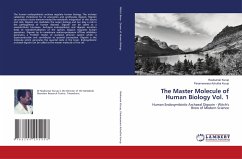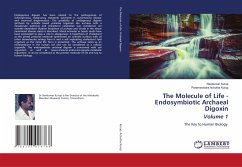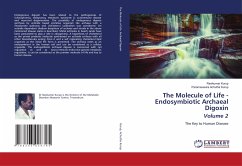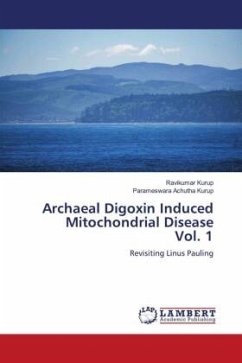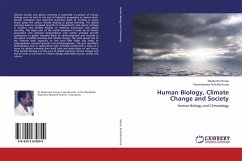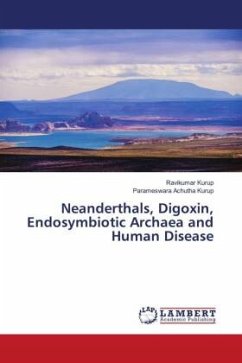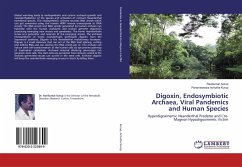The human endosymbiotic archaea regulate human biology. The archaea catabolize cholesterol for its energetics and synthesizes digoxin. Digoxin can produce neuro-immuno-endocrine-metabolic integration of the tissues and cells. Digoxin can modulate the organ biology and can play a role in the pathogenesis of human diseases. Digoxin can be called as a neanderthalic hormone. Archaeal endosymbiosis and digoxin secretion leads to neanderthalisation of the species. Digoxin regulates human speciation. Digoxin by its membrane sodium-potassium ATPase inhibition generates a Frohlich model of pumped phonon system which is superconductive and contributes to quantal perception. Digoxin is the molecule which generates the quantal state in the brain. Endosymbiotic archaeal digoxin can be called as the master molecule of the cell.
Bitte wählen Sie Ihr Anliegen aus.
Rechnungen
Retourenschein anfordern
Bestellstatus
Storno

